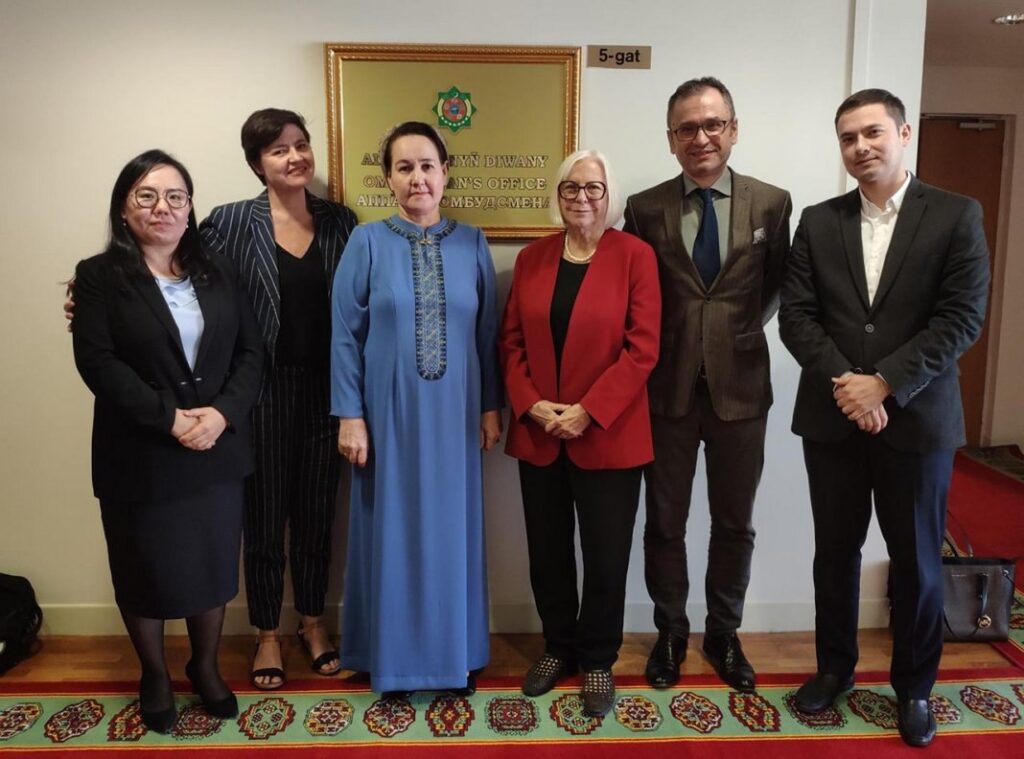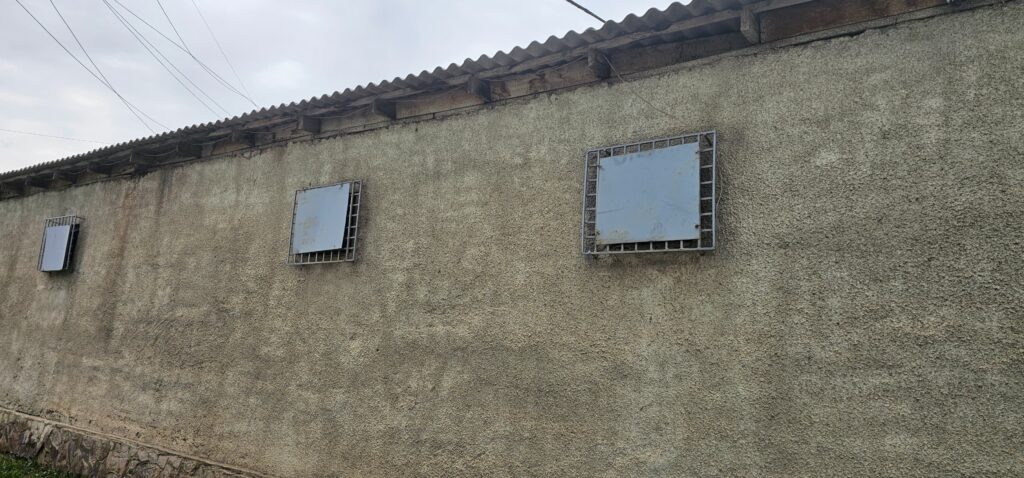Viewing results 1 - 6 of 2
The Global Alliance of National Human Rights Institutions (OHCHR-SCA) has issued sharp criticism of Turkmenistan’s Ombudsman Office. According to the Sub-Committee on Accreditation (SCA), the institution has failed to actively protect human rights despite credible reports of serious violations by state entities. One major concern highlighted by the SCA is the Ombudsman’s lack of responsiveness to appeals from human rights organizations. This raises doubts about its ability to engage in meaningful dialogue and cooperation with key stakeholders. The SCA also expressed alarm over the absence of transparency in how civil society is involved in ensuring the independence and impartiality of the Ombudsman’s operations. Furthermore, limited access for applicants and a poorly maintained website—last updated in February—underscore deficiencies in the institution’s functionality. The controversy surrounding Human Rights Ombudsman Yazdursun Gurbannazarova further fuels criticism. Last year, Gurbannazarova reportedly pressured journalist Soltan Achilova to cancel a planned trip to Geneva, a move widely condemned by observers. These actions reinforce the SCA’s assessment that the Ombudsman’s Office is not fulfilling its mandate. Turkmenistan has long faced scrutiny from human rights organizations for systematic violations. Amnesty International has reported widespread use of torture, denial of medical care to political prisoners, and persecution of opposition figures within and outside the country. Human Rights Watch has documented cases of intimidation, including threats against the families of dissidents living abroad. The SCA’s findings shed light on Turkmenistan’s ongoing challenges in addressing human rights concerns and underscore the need for reforms in its Ombudsman Office to meet international standards.
Kyrgyz Ombudswoman Jamilya Dzhamanbayeva has voiced serious concerns over the substandard conditions in the temporary detention center (TDC) in Talas Province. During a recent visit, detainees reported inadequate facilities and breaches of detention standards, according to the Ombudsman Institute. Dzhamanbayeva revealed that the TDC houses individuals awaiting trial alongside those already charged with crimes—a practice explicitly prohibited under Kyrgyz law. “At the time of the visit, there were 17 individuals suspected or accused of crimes in the TDC, which has a total capacity of 36 people. Among them, two were women. The TDC is situated in the yard of the Department of Internal Affairs, but in a separate building,” stated the Ombudsman Institute. Lack of a Dedicated Proper Pre-Trial Facility The absence of an investigative detention center (IDC) in Talas Province forces authorities to detain pre-trial prisoners in the TDC, mixing them with individuals under investigation. This not only violates national laws but raises significant human rights concerns. During her visit, Dzhamanbayeva inspected the cells and spoke directly with detainees to assess their conditions. She called on the Kyrgyz government to expedite the construction of a dedicated IDC in Talas Province to comply with international standards and Kyrgyz legal obligations. Inhumane Living Conditions The National Center for the Prevention of Torture has also criticized the state of the Talas TDC, identifying severe deficiencies: Lack of natural light: Windows are blocked by metal structures, preventing daylight from entering. Inadequate sleeping arrangements: Detainees sleep on the floor due to a shortage of beds and bedding. Unsanitary environment: The facility suffers from poor hygiene and overall neglect. These conditions exacerbate the already critical situation for detainees, underscoring the pressing issue of detention standards in Talas Province.


